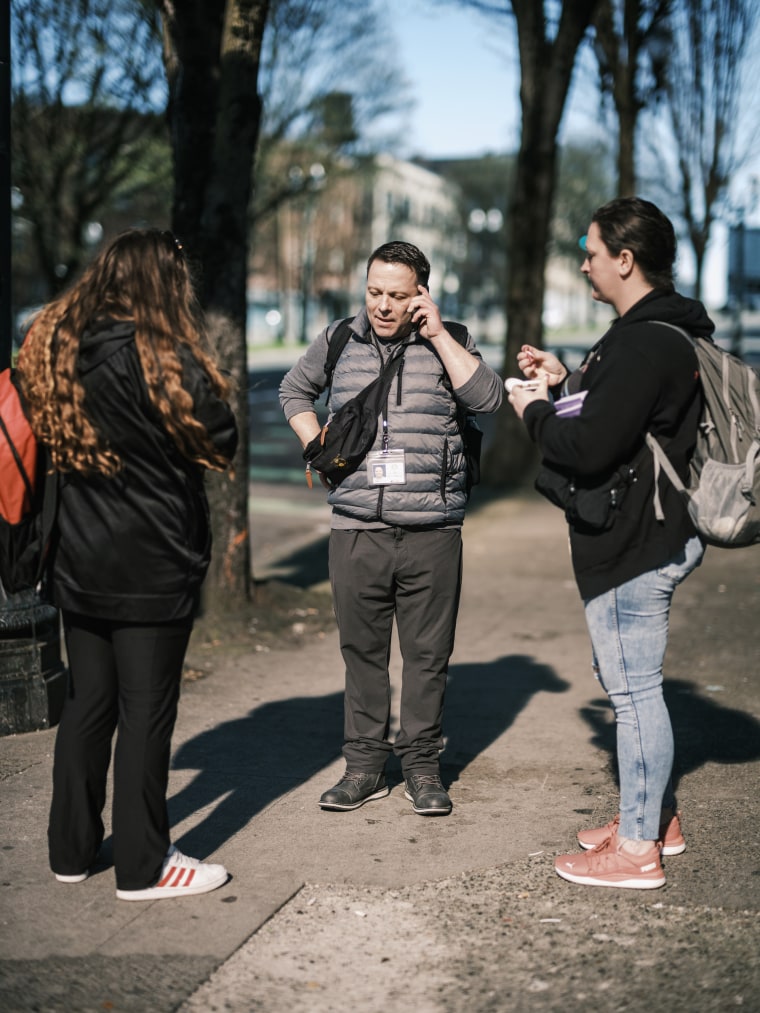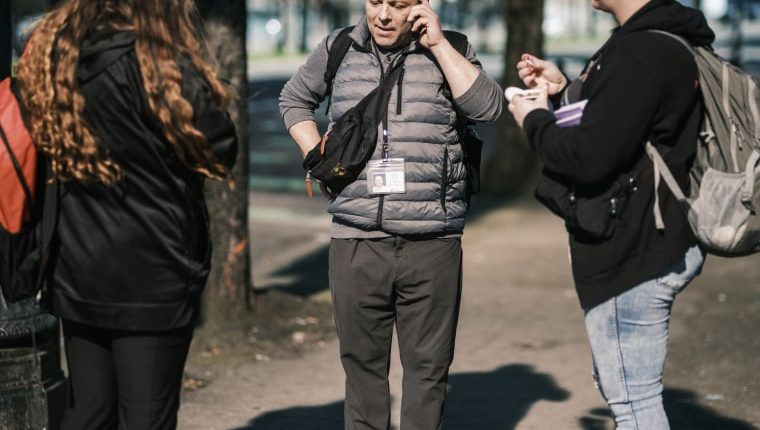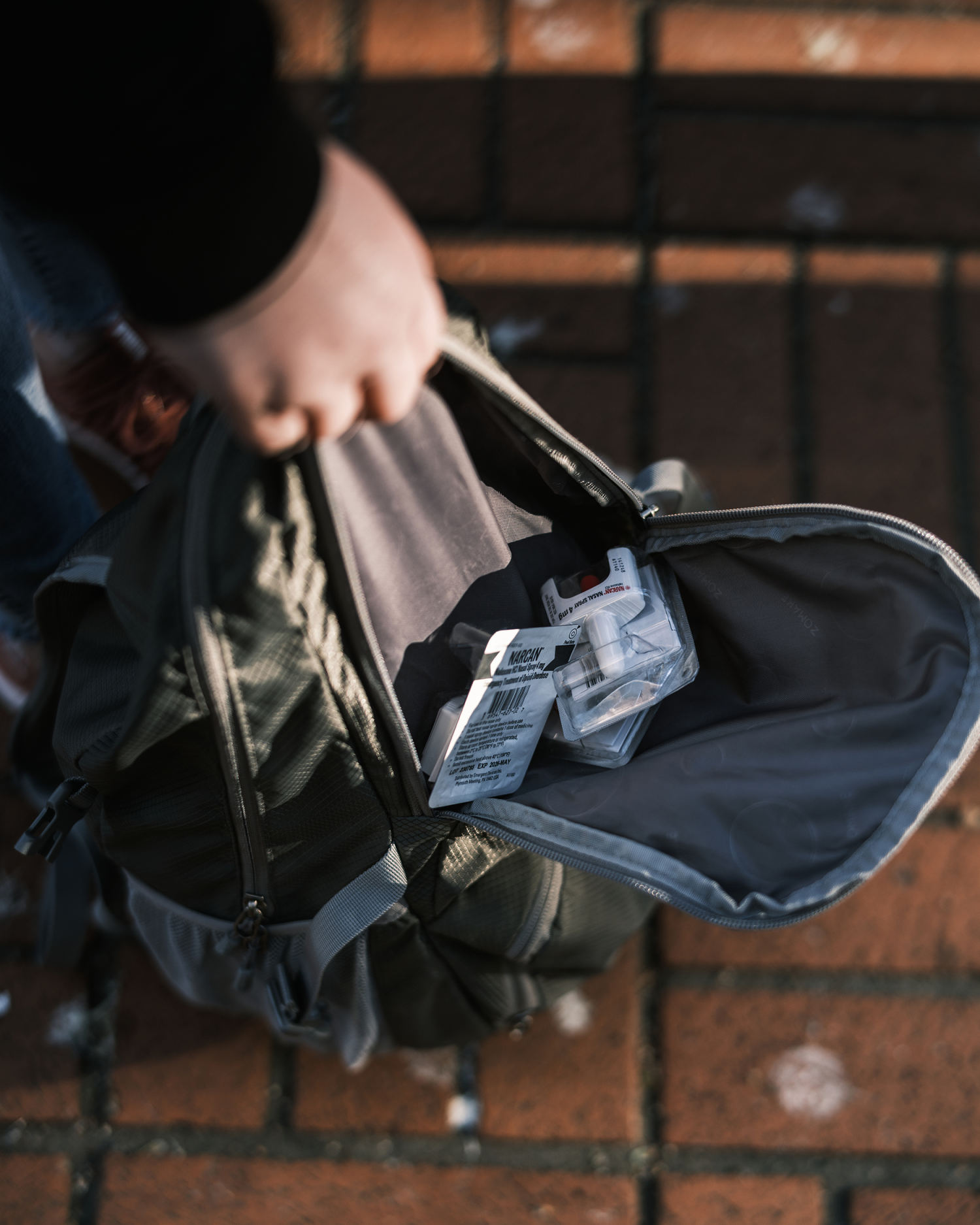But recovery can be slow for people struggling with addiction. Many cycle in and out of jail and treatment before they get sober. Preventing deaths through public health services is a much more attainable goal, drug reform advocates said.
“We’re only going to see a cycle of despair if we continue criminalization,” said Emily Kaltenbach, senior director of state advocacy and criminal legal reform at the Drug Policy Alliance, a nonprofit that supported Oregon’s decriminalization measure.
Decriminalization passes in Oregon
Oregon voters overwhelmingly passed the decriminalization measure in 2020 as an answer to rising addiction and overdoses. The initiative, known as Measure 110, reduced penalties for possessing small amounts of hard drugs and established a framework to help people access treatment services.
Advocates intended for hundreds of millions of dollars of cannabis tax revenue to go into drug treatment and harm reduction programs, but the framework was slow to roll out. Less than three years after funding was first provided to organizations, lawmakers passed the bill to reverse Measure 110.
“It’s a politics bill, not a policy bill,” said Tera Hurst, executive director of the Oregon Health Justice Recovery Alliance. “People don’t like seeing people doing drugs on the streets, but they’re doing drugs on the streets because they don’t have a home.”

Frustrated by what she said was a lack of political will to fully implement Measure 110, Hurst found an unlikely ally in a Portland police officer who was tired of watching the opioid crisis ravage the city.
They formed an informal collective of drug treatment centers, medical and health care providers, lawyers and police officers that meets several times a month in a county office in downtown Portland.
On a cold March morning, more than two dozen volunteers crammed into the room to coordinate outreach plans for the day. Neatly piled boxes of Narcan and small bags of toiletries sat on the conference room table.
A representative from each organization listed available resources for anyone needing medical attention or a detox bed. Then group divided into teams and fanned out through the city to offer services or help as needed.
By 2:45 p.m., at least two people had been sent to detox centers.
Source: | This article originally belongs to Nbcnews.com









